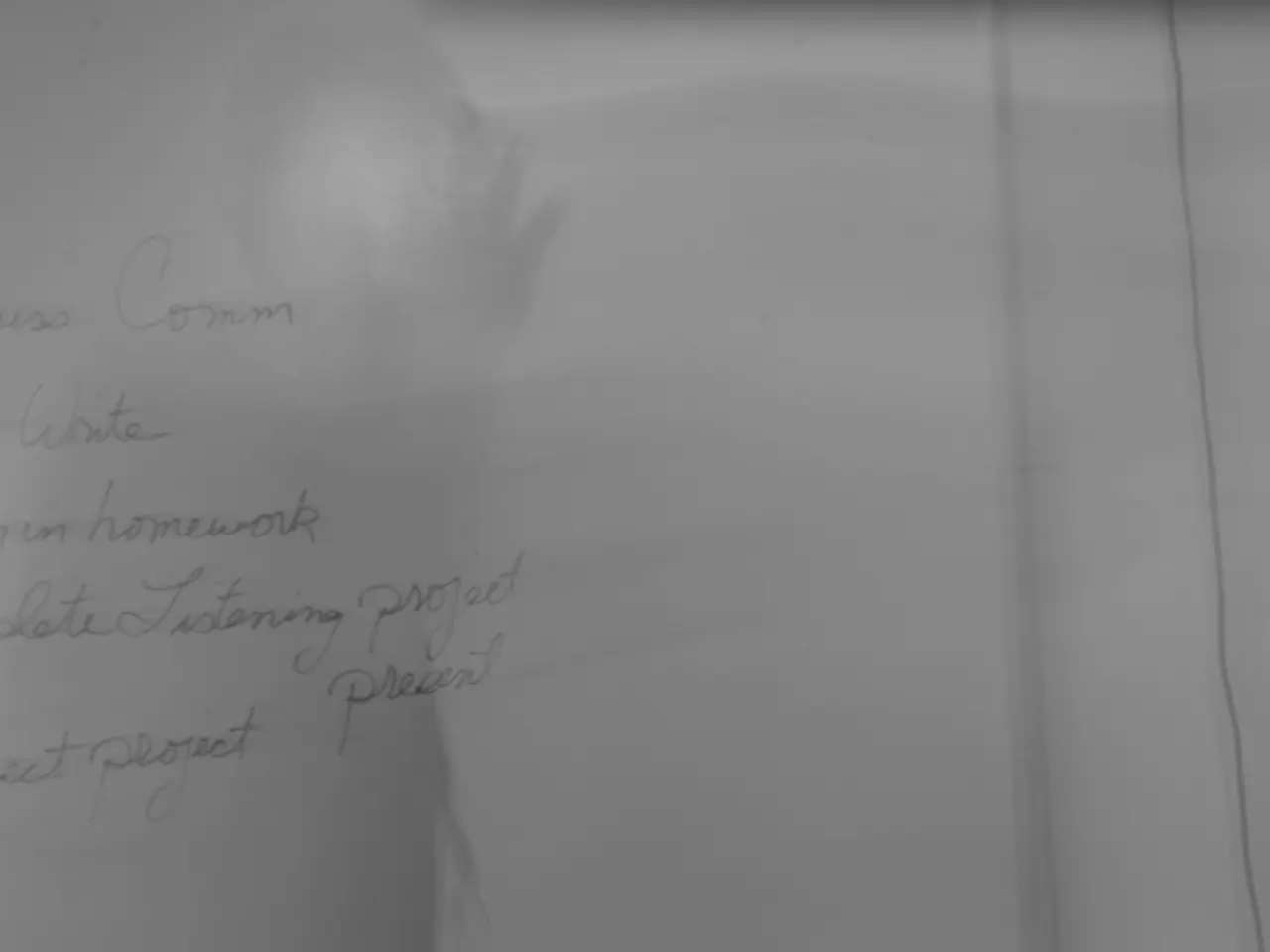Refusal to Oblige
Quebec Liberal Party Shifts Stance on Quebec State Secularism Act
In a surprising turn of events, the Quebec Liberal Party, under the leadership of Pablo Rodriguez, has announced a change in its stance towards the Quebec State Secularism Act (Law 21). Previously, the party's predecessors had fought tooth and nail against the Act.
Rodriguez has revealed that his party is now favourable to the Act, marking a significant shift in the political landscape of Quebec. This change of heart comes with a concession on the issue of Muslim teachers wearing the veil in their functions. The party is giving up on defending this right, a decision that has sparked controversy among some quarters.
The change in stance has not been met with silence from the federal government. Quebec has accused Ottawa of hypocrisy over Bill 21, referring to the federal intervention in the challenge to the Quebec State Secularism Act.
The Supreme Court of Canada is yet to announce a decision regarding the revocation of the exception clause of the State Secularity Law. There is currently no information available on the timing of this decision.
Rodriguez has also hinted at plans to change the law if he becomes prime minister in October 2026. He intends to remove the derogation provision that has been a subject of controversy.
The derogation clause, which was renewed in May 2024 for five years, until May 2029, has been a contentious issue. The Quebec Superior Court has ruled that the Quebec State Secularism Act "seriously infringes on the rights to freedom of conscience and religion" if the derogation provision is not present.
If the derogation provision is indeed removed, there may be calls for a constitutional amendment to either fence or abolish it. This move could have far-reaching implications for the Quebec State Secularism Act.
Meanwhile, Mark Carney, the Prime Minister of Canada, has deposited the Attorney General of Canada's memorandum before the Supreme Court, validating the use of the derogation provision. However, Mark Carney has abandoned the idea of challenging the use of the derogation provision for preventive purposes, a significant setback for opponents of the Quebec State Secularism Act.
Pablo Rodriguez, in a recent press conference, did not announce any new developments on the issue. However, his criticism of the preventive use of the derogation provision echoes the sentiments of his predecessor, Dominique Anglade.
The Supreme Court is expected to announce a decision on the Quebec State Secularism Act after the potential election of the Quebec Party in October 2026. This decision could shape the future of religious rights and secularism in Quebec.
Read also:
- United States tariffs pose a threat to India, necessitating the recruitment of adept negotiators or strategists, similar to those who had influenced Trump's decisions.
- Weekly happenings in the German Federal Parliament (Bundestag)
- Southwest region's most popular posts, accompanied by an inquiry:
- Discussion between Putin and Trump in Alaska could potentially overshadow Ukraine's concerns







